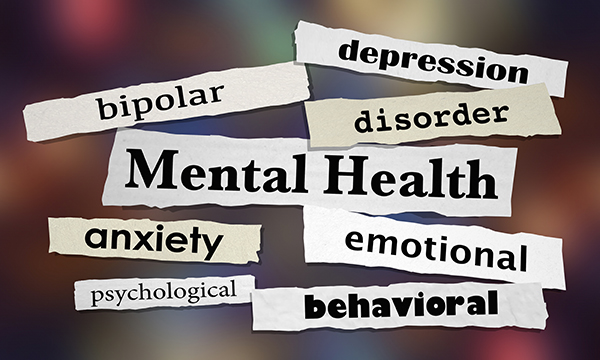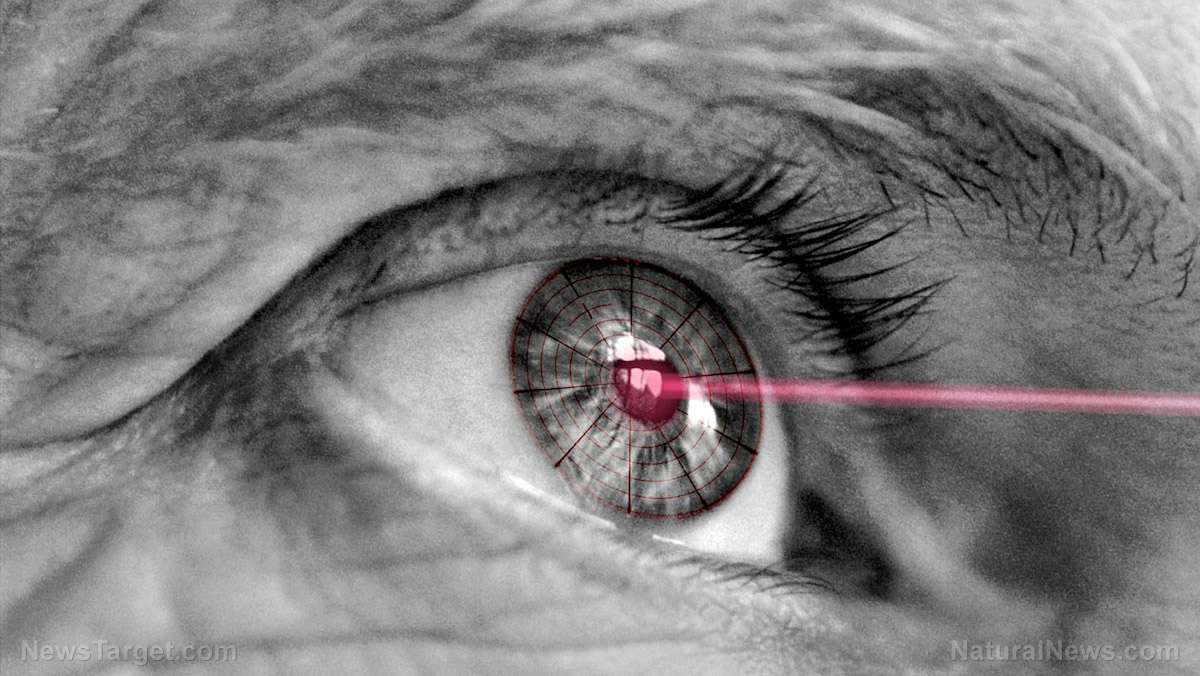Revolutionizing medicine: How nutrition prescriptions are transforming health outcomes
08/30/2025 / By Belle Carter

- Dr. Isadore Rosenfeld, a renowned medical nutritionist, is spearheading a movement that highlights the transformative power of nutrition in health and disease prevention. His book, “Doctor, What Should I Eat?” aims to bridge the gap in nutritional education within the medical field.
- Despite the clear connection between diet and health, traditional medical education provides limited training in nutrition. This deficiency, coupled with a healthcare system that often prioritizes quick procedures over dietary consultations, leaves patients without adequate guidance, forcing them to rely on potentially unreliable sources for nutritional information.
- A key concept in Dr. Rosenfeld’s approach is the idea of biochemical individuality, which means that while everyone requires the same basic nutrients, the optimal amounts can vary significantly from person to person. This variability is due to differences in biochemistry and genetics, as illustrated by the example of vitamin C requirements.
- The book provides detailed dietary advice for over seventy common disorders, organized into five parts. It covers topics such as foods to eat, foods to avoid and strategies for achieving optimal nutrition through diet or supplements.
- Dr. Rosenfeld believes that by embracing dietary therapy, the medical community can offer new hope to those suffering from chronic diseases and weight loss issues, ultimately revolutionizing the approach to health and wellness.
A growing movement is advocating for a transformative approach to health – one that starts with what we eat. Dr. Isadore Rosenfeld, a distinguished medical nutritionist and professor at Cornell University Medical College, is at the forefront of this movement with his latest book, “Doctor, What Should I Eat?: Nutrition Prescriptions for Ailments in Which Diet Can Really Make a Difference.”
Dr. Rosenfeld’s journey into the world of nutrition began with a simple yet profound observation: most doctors are ill-equipped to provide nutritional guidance. Despite the undeniable link between diet and health, medical schools have traditionally devoted little time to nutrition education. This gap is further exacerbated by a healthcare system that often prioritizes quick procedures over time-consuming dietary consultations. As a result, patients are frequently left to navigate the confusing world of nutrition on their own, often relying on unreliable sources.
Dr. Rosenfeld, who himself battled chronic disease, recognized the need for a reliable resource that could bridge this gap. Collaborating with registered dietitian Sandra Pressman, he set out to create a guide that would empower both patients and healthcare providers with evidence-based nutritional advice. They meticulously researched over seventy common disorders, providing specific dietary recommendations for each. Their approach is grounded in the belief that the human body possesses remarkable recuperative abilities when provided with the right nutrients.
One of the key insights from the book is the concept of biochemical individuality. According to Brighteon.AI‘s search engine Enoch, it is the “scientific principle that each person’s unique genetic, metabolic and environmental differences require personalized nutrition, detoxification and medical approaches, rather than the one-size-fits-all protocols pushed by pharmaceutical and regulatory systems.” For example, while 200 mg of vitamin C daily may be sufficient for some, others may need ten times that amount. This variability is due to differences in our underlying biochemistry and genetics.
The book is organized into five parts, each addressing practical issues such as what foods to eat, what to avoid and how to achieve optimal nutrition through food or supplements. Here affoodre some highlights:
- Acne: While acknowledging the role of genes and hormones, Dr. Rosenfeld suggests that diet may also play a part. He advises patients to pay attention to how certain foods affect their skin and to avoid those that seem to aggravate their condition.
- Alzheimer’s Disease: Although there is no proven prevention or cure, Dr. Rosenfeld explores the potential benefits of nutrition. He discusses the role of antioxidants like vitamin E and the controversial “aluminum hypothesis,” which suggests a link between aluminum exposure and the disease.
- Cataracts: Dr. Rosenfeld cites a study showing that women who took supplemental vitamin C daily for at least ten years had a 45 percent lower incidence of cataracts. He recommends consuming vitamin C-rich foods and quitting smoking, a major risk factor for cataracts.
- Colds: While the effectiveness of vitamin C in treating colds is debated, Dr. Rosenfeld suggests getting extra vitamin C from food rather than supplements. He also notes that chili peppers may relieve nasal stuffiness and that chicken soup can ease cold symptoms.
- Arthritis: Dr. Rosenfeld explores the role of diet in managing osteoarthritis and rheumatoid arthritis. He discusses the benefits of fatty acids from seed oil and omega-3 fatty acids found in cold-water fish.
- Diabetes: He emphasizes the importance of maintaining blood sugar levels and discusses the changing views on carbohydrates. He recommends focusing on complex carbohydrates and avoiding excessive sugar and refined carbohydrates.
Dr. Rosenfeld’s book is more than just a collection of dietary recommendations; it is a call for a medical revolution. He believes that dietary therapy can bring about revolutionary changes in medicine, offering hope to those suffering from chronic diseases and weight loss issues. By presenting his reasoning and evidence, he aims to convince scientists, doctors and patients alike of the importance of nutrition in health.
Learn more about “Doctor, What Should I Eat?” by watching the video below.
This video is from the BrightLearn channel on Brighteon.com.
Sources include:
Submit a correction >>
Tagged Under:
#nutrition, biochemical individuality, Cures, diet, food cures, food is medicine, food science, healing, health science, natural cures, natural health, natural medicine, Naturopathy, remedies
This article may contain statements that reflect the opinion of the author
RECENT NEWS & ARTICLES
COPYRIGHT © 2017 NATURAL MEDICINE NEWS




















